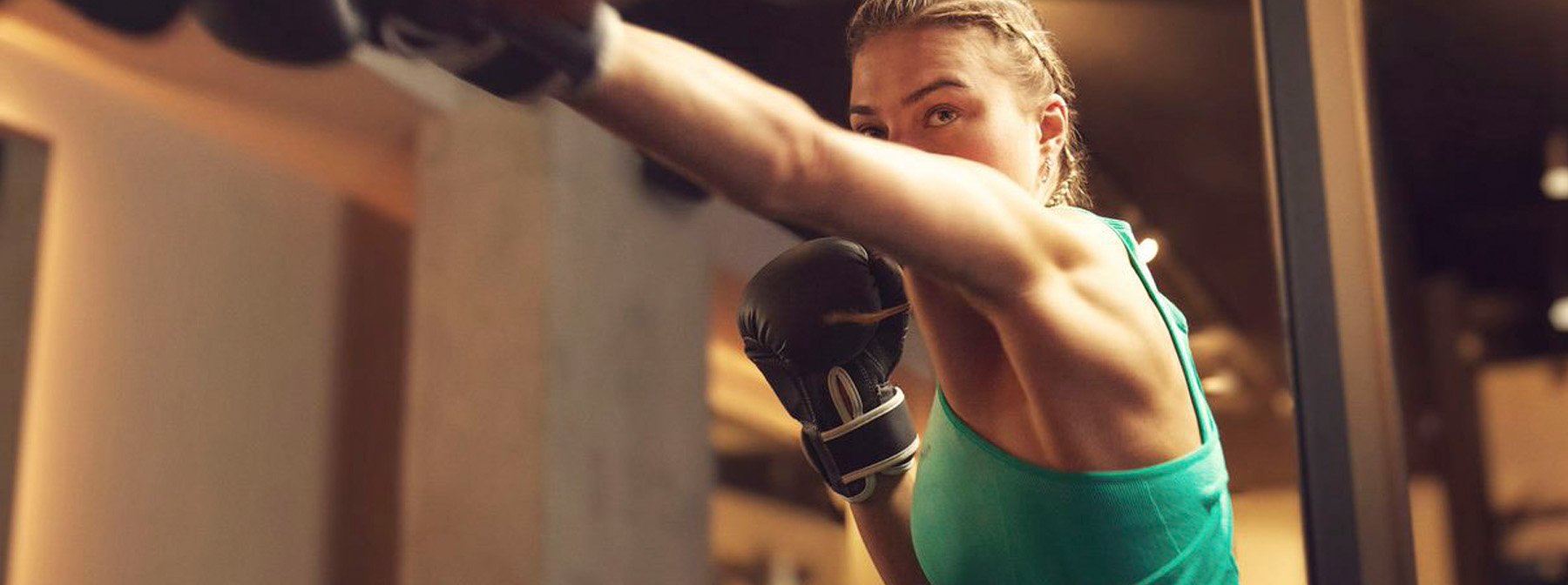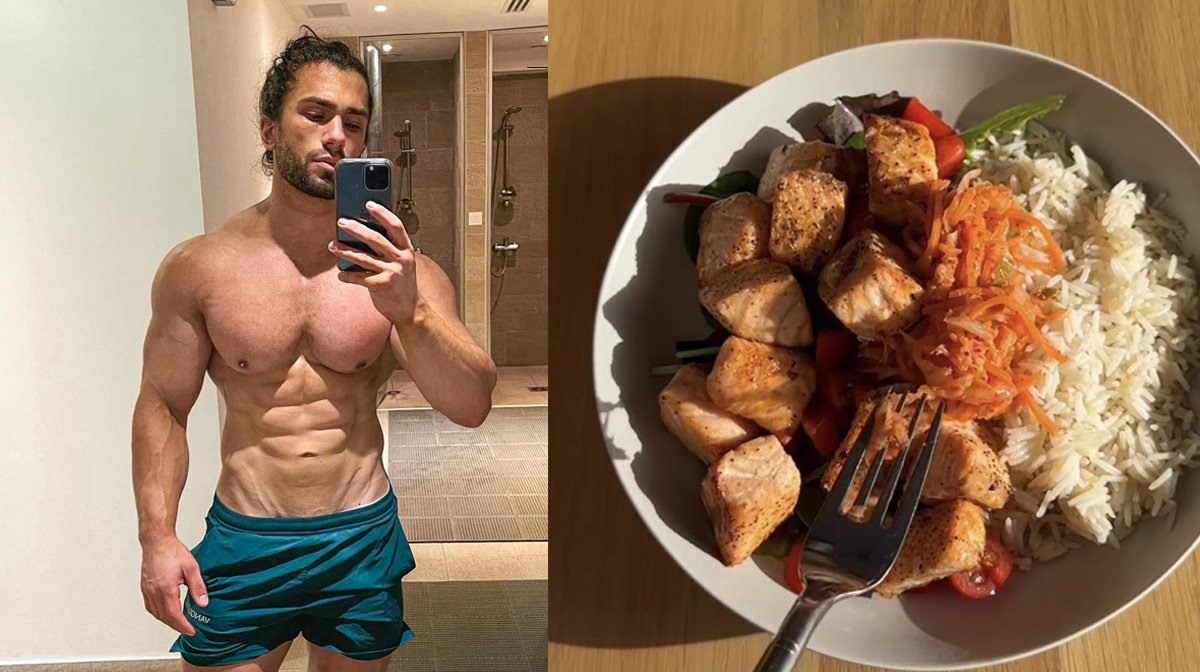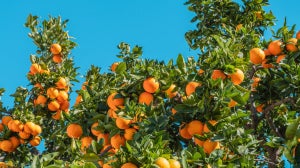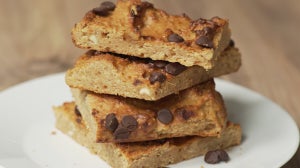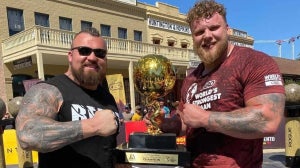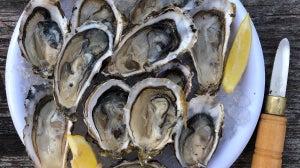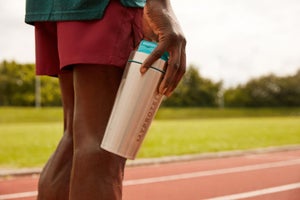
We're here to give you a helping hand so you can put on mass and reach your muscle building goals this year.
Get started with expert PT and nutritionist advice, pour through extensive building muscle guide, and build your own supplement bundle, with a selection of protein powders, bars, snacks and pre-workout blends to choose from.
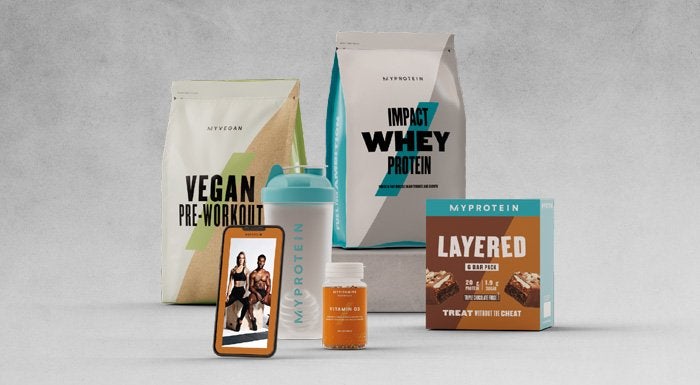
Muscle Building Advice
Here’s some advice to get you started on your journey to build up muscle and strength, covering exercise, nutrition and supplementation. We’re sure you’ll be smashing your goals in no time.
1. Whey Protein Alternative For Calorie Conscious Muscle Building
Not sure which type of protein is best for you and your goals? If you’re looking to build lean muscle, take a look at this explainer on EAA as a whey protein alternative.
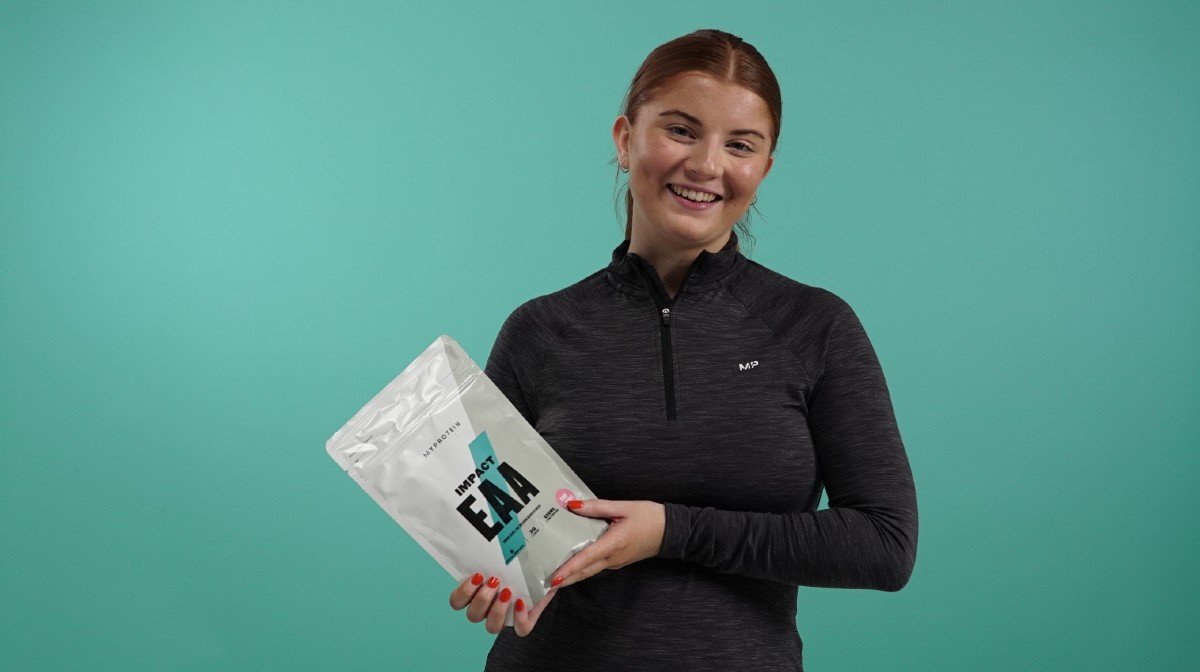
Whey Protein Alternative For Calorie Conscious Muscle Building
EAAs, the building blocks of protein.
2. Best Training Split For Building Muscle
Want more information on how to plan your workouts? Our PT breaks down the best way to split up your training, to achieve the results you want.
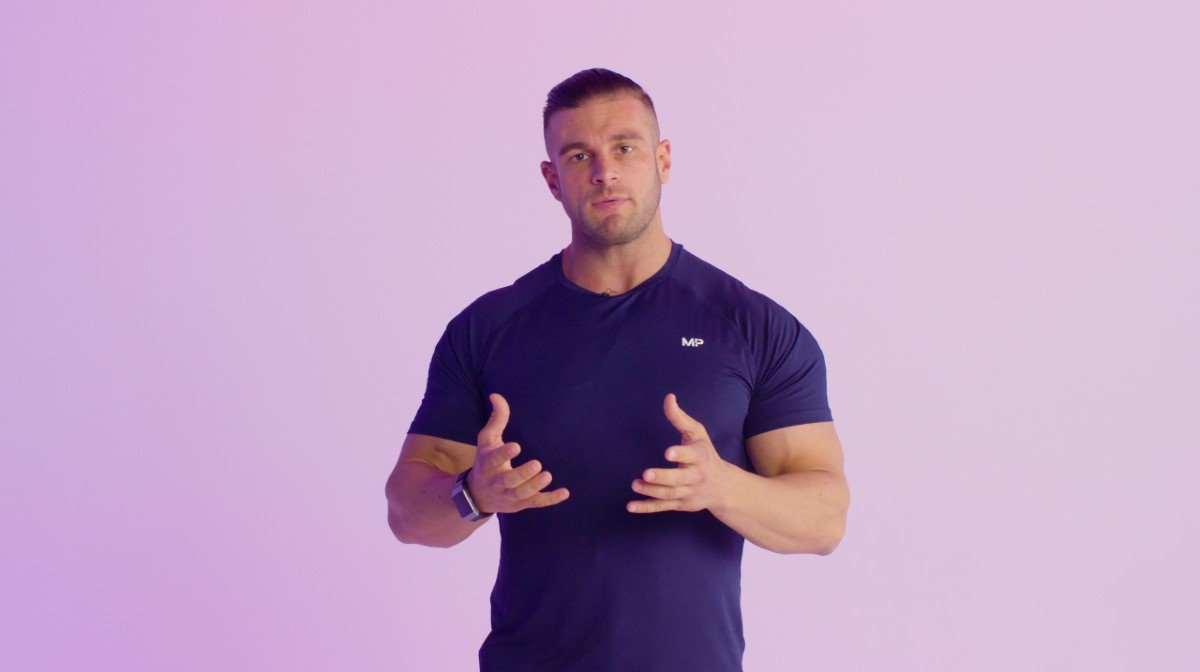
Best Training Split For Building Muscle | Expert Reveals All
Are you a "bro" split or a push, pull, legs?
3. Muscle-Building Made Easy – 4 Protein-Packed Lunches
Our ambassador provides some delicious recipe inspo — to help you meet your macros and fuel your goal.
4. You Can Build Muscle With No Equipment
If you don’t have the time or money to spend on the gym, there are other ways to build muscle. Myprotein PT Kay Johnson runs through some options for intense home workouts that will provide the pump.
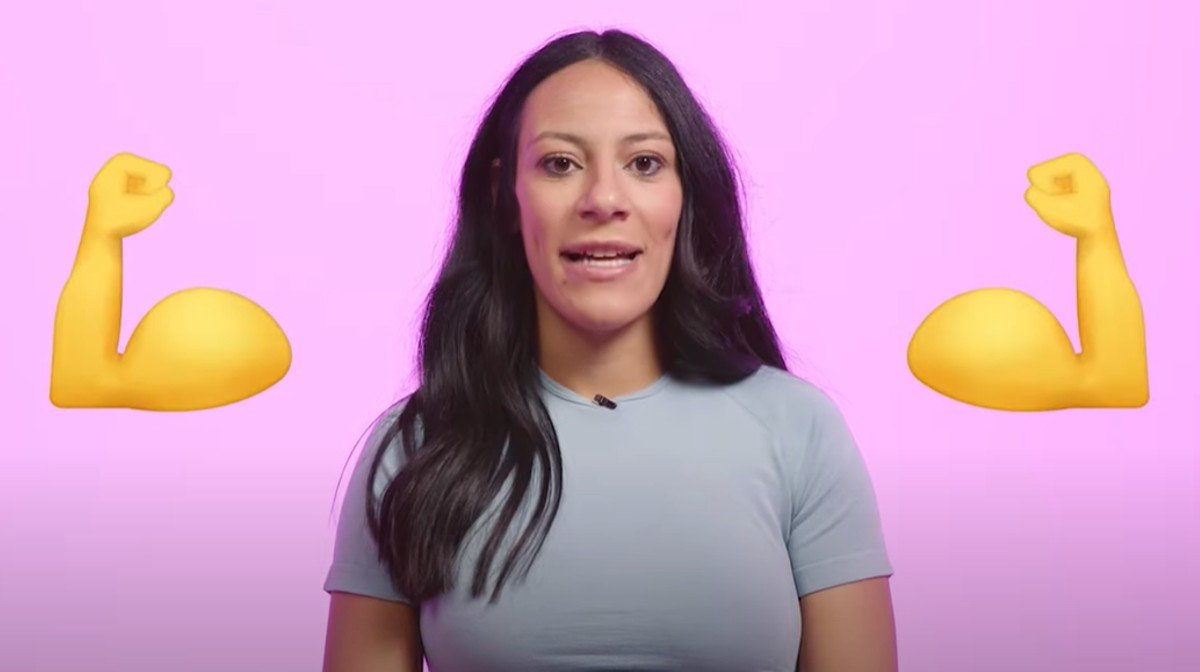
You Can Build Muscle With No Equipment | PT Explains
You've just got to focus on 'the principles'.
5. 24-hour Supplement Guide | What To Take To Build Muscle
Knowing when and what supplements to take is really important when working towards a specific goal. Our nutritionist shares which supplements are best for muscle building in the morning, afternoon and night.
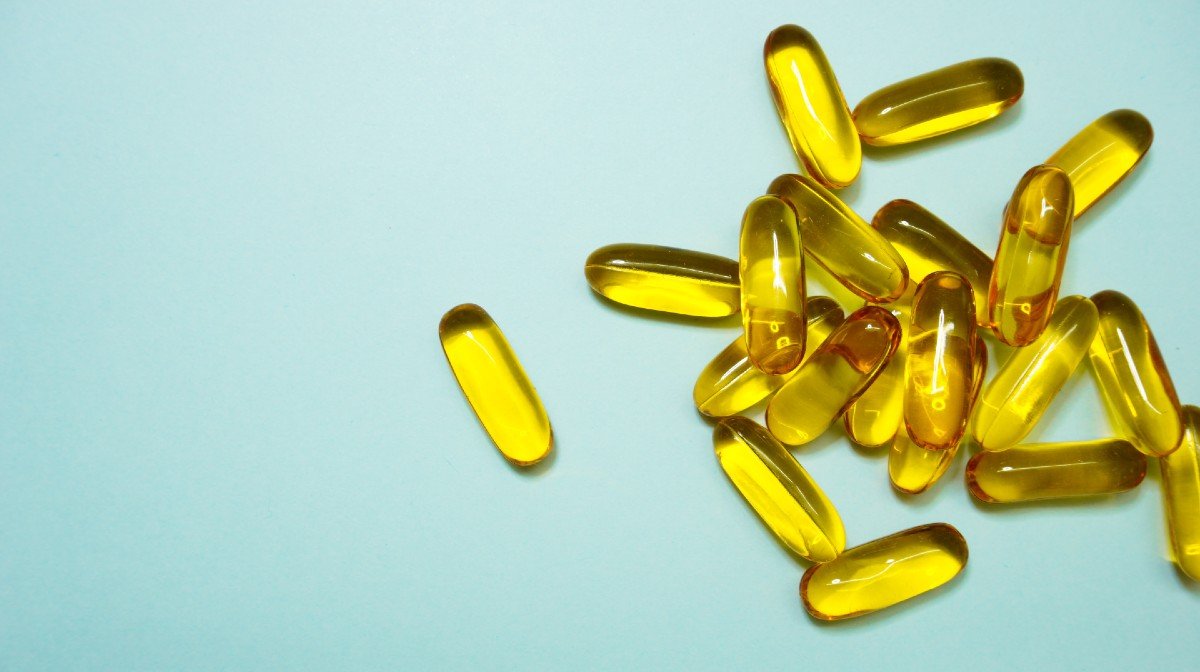
24-Hour Supplement Guide | What To Take To Build Muscle
Make the most out of your gym sessions by fuelling right.
6. 6 High-Protein Dinner Recipes To Meet Your Macros
Increasing your protein intake through diet, and supplements, is one of the best ways to build muscle. These 6 dinner recipes are not only delicious, but practical too.
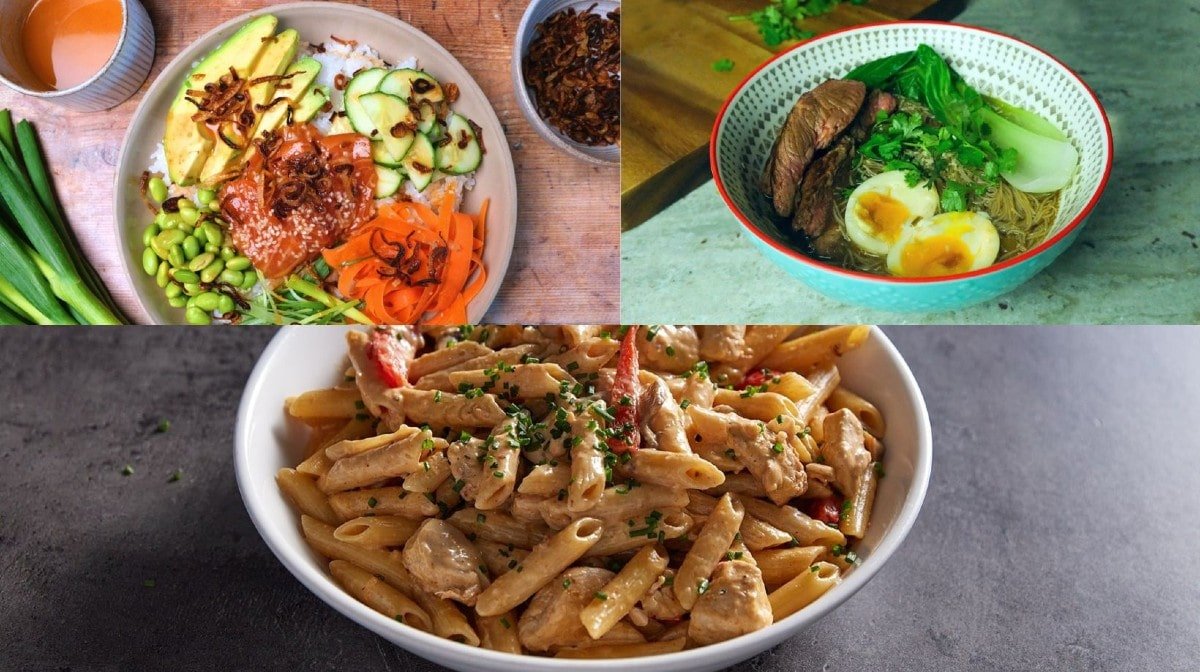
6 High Protein Dinner Recipes to Meet Your Macros
Max out your macros everyday with some of our favourite high-protein dinner recipes.
7. How To Take Creatine | What Is The Best Way?
Creatine is known as an important supplement for those wanting to build muscle. Find out from our nutritionist exactly what creatine does and how best to take it.
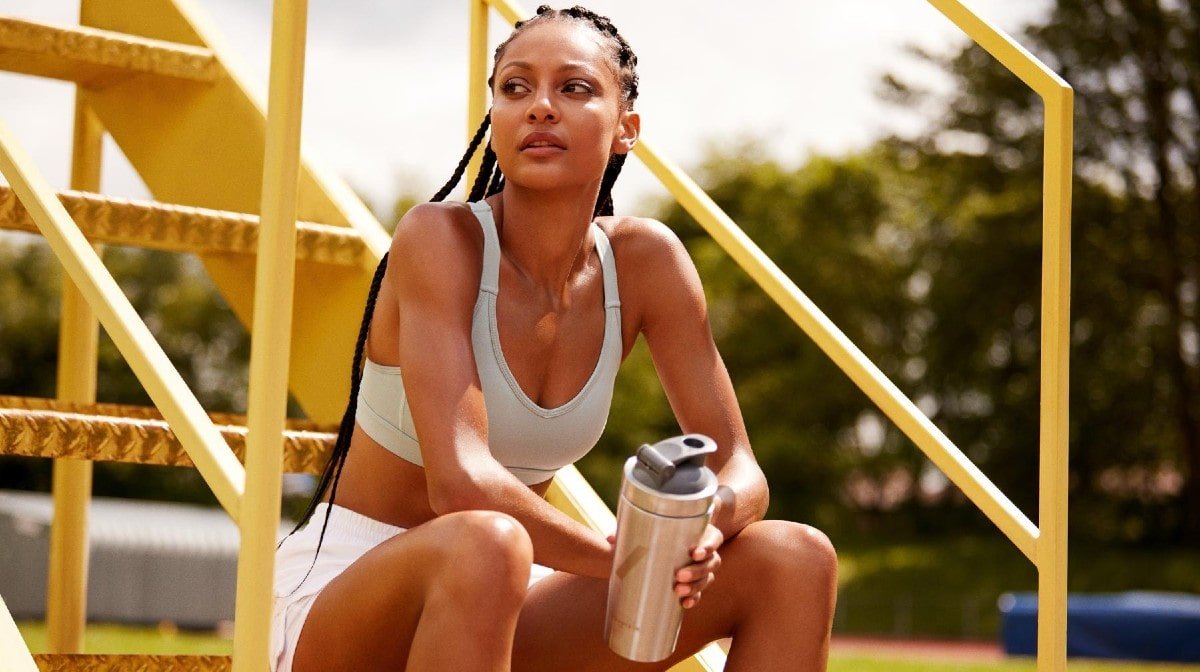
How To Take Creatine | Best Uses For Your Fitness Goals
All your must-know creatine knowledge and which you should be taking.
8. Push Pull Legs Routine | The Best Mass-Building Workout Split
This push-pull-legs routine is guaranteed to get your muscles pumping. With beginner and advanced versions of each exercise, you can make it as hard as you want.
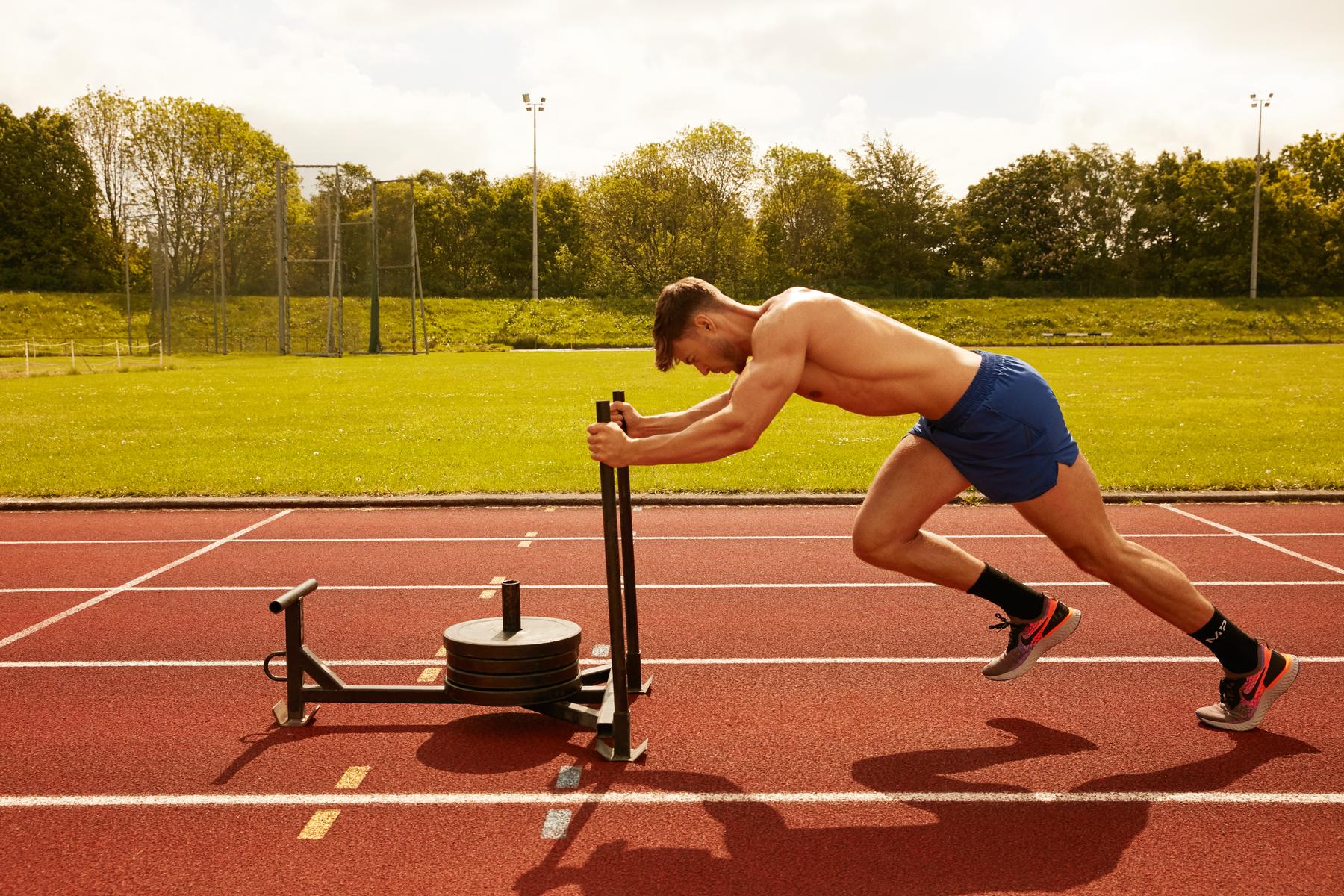
Push Pull Legs Routine | The Best Mass-Building Workout Split
Try this very simple training method.
FAQS
Writer: Jamie Wright
What should I eat for muscle gain?
If you want to put on muscle, you'll need to be in a healthy calorie surplus. One way of achieving this without putting on too much body fat is to increase your maintenance calories by 5-10%.
You'll also need to eat plenty of high-quality protein, as it contains the essential amino acids needed for muscle growth. Aim for 1.6 to 2.2 grams of protein per kilogram of body weight per day, and distribute it evenly across your meals.
What foods are bad for muscle growth?
There are few "bad" foods when it comes to putting on muscle, especially if your aim is bulking. But it's probably best to avoid super-calorific processed foods like biscuits, cakes, crisps, and chocolate, and instead try to consume foods high in monosaturated and polysaturated fats, especially if you want to gain muscle without putting on too much body fat.
While not technically a food, alcohol is probably the worst thing you can consume if you're trying to gain muscle. It brings no benefits for health and disrupts sleep, mood, recovery, and, most importantly, exercise performance. So avoid alcohol altogether if you can, or at least consume it only in moderation.
What is the best meal plan to gain muscle?
The best meal plan for gaining muscle is one that you can consistently follow and allows you to eat in a calorie surplus while getting sufficient protein and fuelling your workouts and recovery. While there’s no one-size-fits-all meal plan, there are some basic nutrition principles that you can use as a foundation for creating your own plan.
Start by setting a meal routine. This will serve as a blueprint for your health and progress towards your goals. Once you know when you'll be eating, it’ll be easier to plan specific foods for certain times to complement your training, recovery, and other life demands. Focus on core meals, and consider adding snacks in between.Also, consider the timing of your meals and snacks around your workouts to maximise their effectiveness.
A general guide for what to include on your plate is a palm-sized portion of protein, a palm-sized portion of fruit or vegetables, a palm-sized portion of carbohydrates (preferably whole grains but you can also include starches closer to your training), and a thumb-sized serving of fat. A bowl of porridge with a scoop of protein mixed in, a serving of blueberries, and a tablespoon of peanut butter would follow this guide.
To fuel your performance and recovery, it's important to consume carbohydrates within 60 minutes of your training and protein within 60 minutes after. A simple way to do this is by eating a banana before your workout and a protein shake after. You can also opt for a small handful of dried fruit, coconut chips, or a bagel.
Do I need to eat more to gain muscle?
If you’re new to the gym or returning after a long break, you may be able to gain lean muscle while maintaining your current calorie intake or even while in a slight calorie deficit.
This tends to wear off after 6-12 months of consistent training and is known as the "newbie gains" period. After this point, it becomes more difficult to gain lean muscle without sufficient nutrition, so it’s important to focus on eating in a calorie surplus and getting the necessary nutrients to support muscle recovery and further growth.
Do you have to eat healthy to gain muscle?
It’s possible to gain muscle through “dirty bulking”, a term used to describe the practice of consuming large amounts of high-calorie, low-nutrient foods in order to quickly gain as much size as possible. This approach is not very healthy and can potentially do more harm than good in the long term.
Instead of rushing to achieve a certain appearance, focus on establishing healthy behaviours and knowledge that will benefit you for the rest of your life. Gaining muscle should be a long-term goal, not a short-term sprint. By fuelling your body with the right nutrients, you can gain muscle without harming your overall health.
So no, you don’t have to eat “healthy” to gain muscle, but it’s better if you do.
How important is nutrition for building muscle?
Nutrition provides the building blocks and energy to support muscle growth. While resistance or weight training serves as a stimulus for muscle growth, it’s important to also ensure that proper nutrition is included in your routine to fuel the recovery process. Without adequate nutrition, your muscle growth may soon plateau.
Take Home Message
These helpful tips and tricks should help you well on your to meeting your muscle building goals. From nutrition and supplements to fitness and exercises, we’ve got you covered.
Want more tips?
READ THESE NEXT:
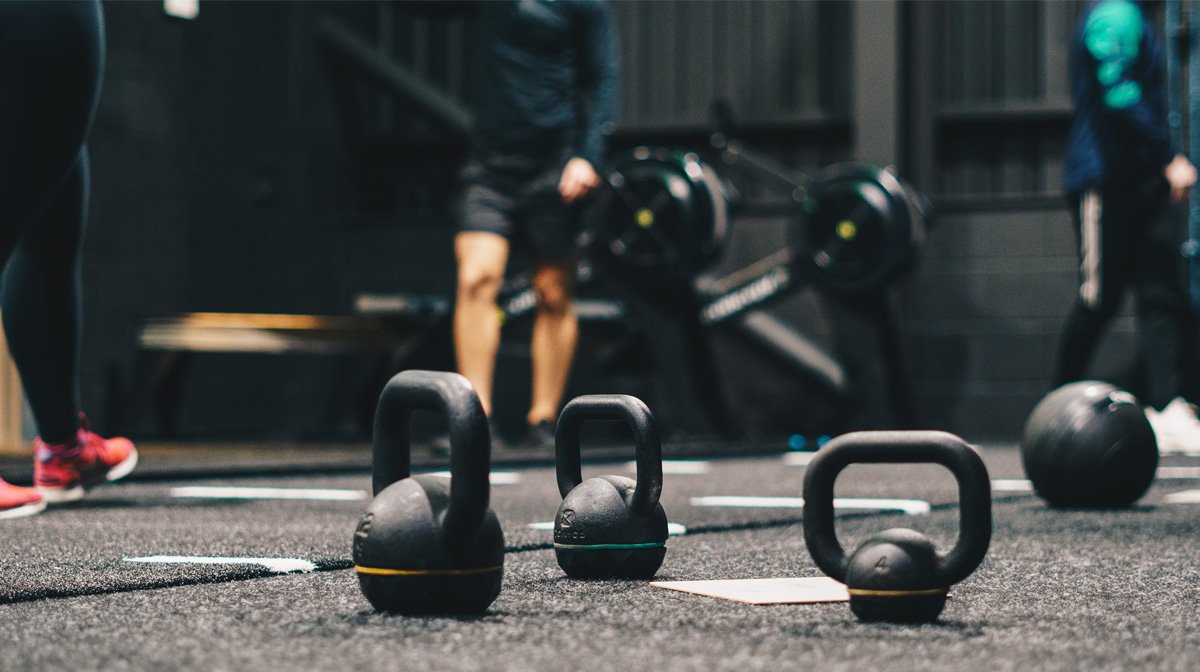
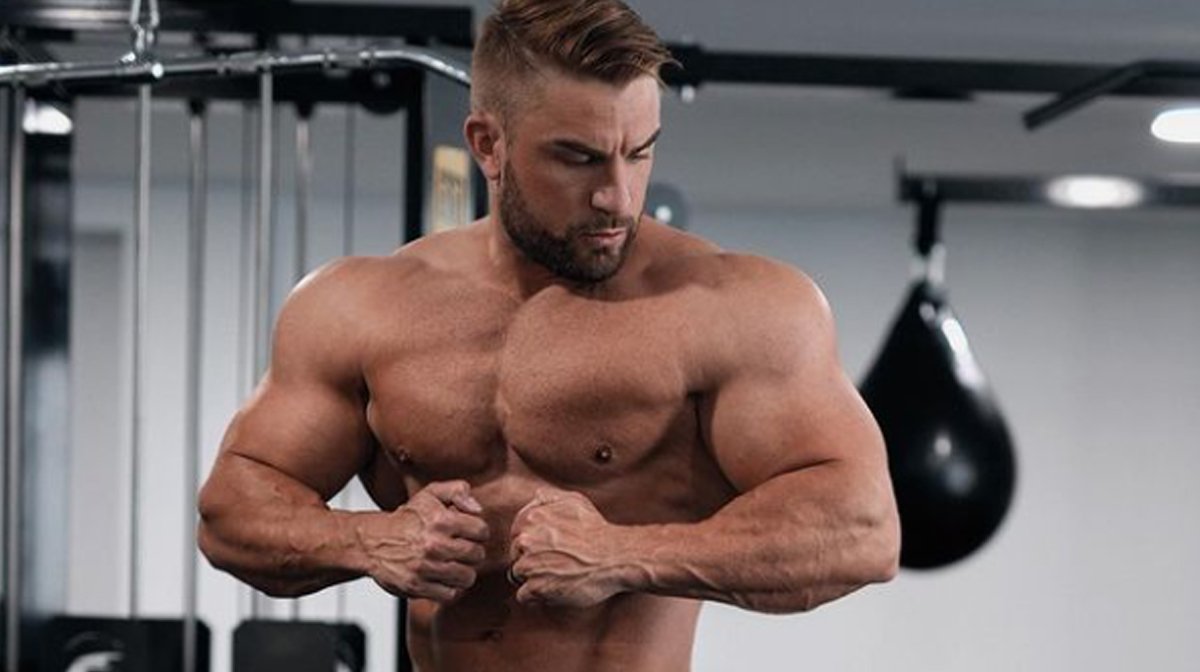
10 Food Hacks To Save Money & Build Muscle
Spoiler: head straight to the freezer section.
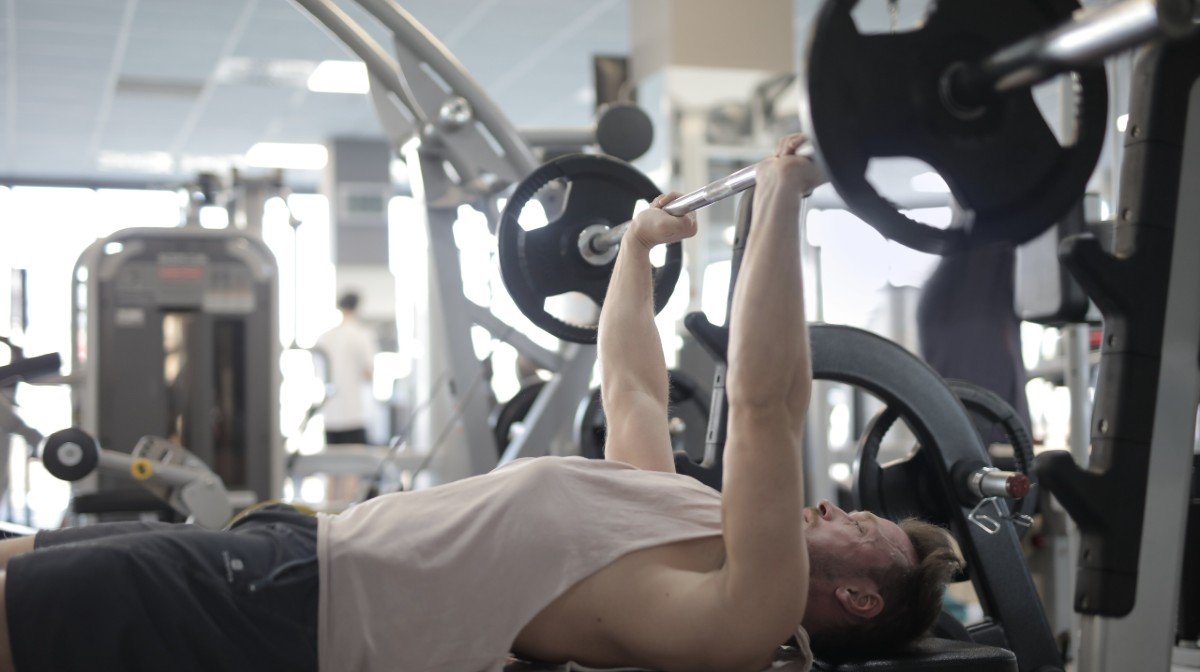
Build Muscle While Saving Time | Compound Push Movement
And they help you burn more calories.
Our articles should be used for informational and educational purposes only and are not intended to be taken as medical advice. If you're concerned, consult a health professional before taking dietary supplements or introducing any major changes to your diet.

